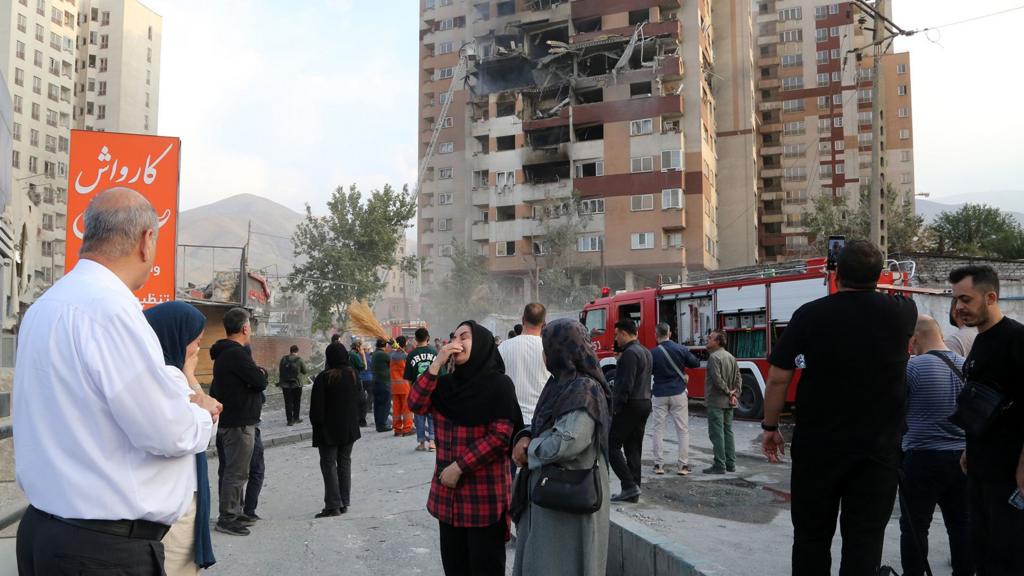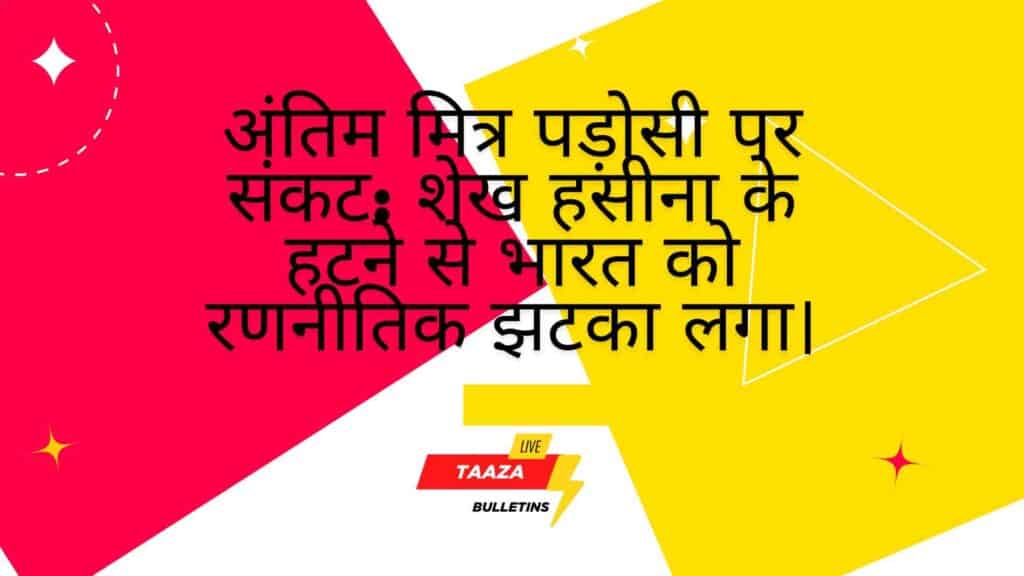A Region on the Edge: Tensions Soar Over Tehran.
Israel Claims Tehran Airspace
June 15, 2025 – The Middle East stands at a crossroads as Israel claims it has seized control of the skies above Iran’s capital, Tehran, in a bold escalation of their ongoing conflict. Defense Minister Israel Katz issued a chilling warning: if Iran fires more missiles, “Tehran will burn.” Iran, undeterred, promised a “more severe and powerful” counterattack, threatening to strike ships and bases of Israel’s allies. This high-stakes standoff, marked by missile barrages and targeted killings, has killed dozens, disrupted global energy markets, and derailed U.S.-Iran nuclear talks. As both sides dig in, the world braces for what could become a wider regional war. Here’s the latest on this unfolding crisis.

Israel’s Aerial Dominance: A Game-Changer?
On Saturday, June 14, 2025, Israel’s military announced it had achieved “complete freedom of operation” over Tehran’s airspace, a claim that suggests its jets can strike Iranian targets with little resistance. The Israel Defense Forces (IDF) targeted Tehran’s air defenses, destroying radar systems and missile launchers, paving the way for what an IDF official called an “open aerial road to Tehran.” Prime Minister Benjamin Netanyahu doubled down, vowing that Israeli warplanes would soon fly over Tehran, targeting “any site of the Ayatollah regime.”
This audacious move followed Israel’s “Operation Rising Lion,” launched on June 13, which hit 150 Iranian targets, including the Natanz nuclear facility, where the above-ground structures were obliterated, per the International Atomic Energy Agency (IAEA). A drone strike on a Kangan refinery, tied to the South Pars gas field—the world’s largest—marked Israel’s first attack on Iran’s energy sector, sparking fears of economic and environmental fallout. Iran’s oil ministry said the fire was extinguished, but the strike sent global oil markets jittery, with prices potentially rising 10-15% due to the field’s proximity to the Strait of Hormuz.
| Key Israeli Actions | Impact |
|---|---|
| Control of Tehran’s airspace | Allows strikes with minimal resistance |
| Strikes on Natanz | Above-ground facility destroyed, per IAEA |
| Kangan refinery attack | Threatens global oil supply, fire contained |
Iran’s Defiant Response: Missiles and Threats
Iran, reeling from Israel’s assault, launched “Operation Honest Promise 3,” firing over 200 ballistic missiles and drones at Israel. While most were intercepted by Israel’s Iron Dome, some struck Tel Aviv, Rishon LeZion, Tamra, Rehovot, and Bat Yam, killing 13 people, including four in Tamra, a Palestinian-majority city, and injuring scores. In the West Bank, a Houthi projectile from Yemen, an Iranian ally, killed five Palestinians, including three children, showing the conflict’s ripple effects.
Iranian President Masoud Pezeshkian vowed a “more severe” response, while the new Revolutionary Guards commander promised to “open the gates of hell” on Israel. State media warned the U.S., UK, and France that their bases and ships would be targeted if they aided Israel’s missile defense. Iran reported 78 deaths, including 20 children in a Tehran housing complex, and 320 injuries, with nine nuclear scientists and top generals, like Gholam-Reza Marhabi and Mohammad Hossein Bagheri, killed. Strikes hit Tehran’s Shahran oil depot and defense ministry, causing minor damage, but Iran claimed control over the situation.
| Iranian Counteractions | Impact |
|---|---|
| 200+ missiles and drones | 13 dead in Israel, significant damage |
| Threats to U.S., UK, France | Risks wider conflict with Western powers |
| Civilian toll | 78 dead, 320 injured, including children |
The Human Cost: Lives Lost in the Crossfire
The conflict has claimed at least 91 lives across both sides, with hundreds injured. In Israel, missile strikes left Tel Aviv’s skyline shrouded in smoke, with 34 injured in one night, mostly with minor wounds. Iran’s civilian toll is stark, with a housing complex strike killing 60, including 20 children. The targeted killing of Iran’s military and scientific elite has crippled its leadership, but Supreme Leader Ayatollah Ali Khamenei’s swift appointments aim to project stability.
The conflict’s spillover is alarming. In Gaza, reports of Israeli forces shooting Palestinians at food distribution points remain unverified due to a communications blackout. The Houthi attack in the West Bank underscores how Iran’s allies are broadening the conflict, raising fears of a multi-front war.
Nuclear Controversy: Israel’s Claims vs. Reality
Israel justifies its strikes by alleging Iran is close to building a nuclear bomb, citing work on an explosive trigger mechanism in Isfahan. An IDF official claimed “clear intelligence” of rapid progress toward weaponization. However, U.S. intelligence and IAEA reports contradict this, stating Iran’s program is civilian-focused. The IAEA confirmed Natanz’s above-ground destruction and minor damage at Isfahan, but no radioactive leaks occurred. Attacks on nuclear sites, the IAEA warned, violate the UN charter and risk “grave consequences” like radioactive releases.
| Nuclear Site | Status | IAEA Assessment |
|---|---|---|
| Natanz | Above-ground destroyed | Manageable contamination, no radiation spike |
| Isfahan | Minor damage reported | No significant impact |
| Fordow | No attack confirmed | Intact underground facility |
Global Reactions: A World on Alert
The international community is scrambling to contain the crisis. The U.S., denying direct involvement, provided “exquisite” intelligence to Israel and helped intercept missiles, per ABC News. President Donald Trump called Israel’s attack “excellent” but urged diplomacy, warning Iran of “dire consequences” if it targets U.S. interests. Planned U.S.-Iran nuclear talks in Oman were canceled, with Iran deeming them “meaningless” amid the strikes.
China condemned Israel’s “violations” of Iran’s sovereignty, offering to mediate, while the EU and UN Secretary-General Antonio Guterres urged “maximum restraint.” Saudi Arabia, despite past tensions with Iran, condemned the strikes, reflecting regional unease. The UK’s Keir Starmer emphasized de-escalation, with British jets moved to the region but no military aid given to Israel yet.
| Country/Organization | Reaction |
|---|---|
| U.S. | Intelligence support, warns Iran, talks canceled |
| China | Condemns Israel, offers mediation |
| EU/UN | Urges restraint, fears wider war |
| Saudi Arabia | Condemns strikes, highlights sovereignty |
Why Now? Roots of the Rivalry
This clash builds on decades of hostility, from Israel’s strikes on Iran’s proxies like Hezbollah to Iran’s attacks in Syria. The Gaza war, sparked by Hamas’ October 2023 attack, and Israel’s 2024 consulate strike in Syria fueled tensions. Iran’s nuclear program, censured by the IAEA on June 12, 2025, is a flashpoint, with Israel fearing a nuclear-armed Iran. Stalled U.S.-Iran talks, with Trump’s 60-day deadline expiring, triggered Israel’s preemptive strikes.
What’s at Stake: A Region Transformed
The conflict threatens far-reaching consequences:
- Regional War: Iran’s threats to target Western bases could draw in the U.S., Russia, or Gulf states.
- Energy Markets: Disruptions at South Pars could spike oil prices, impacting global economies.
- Human Toll: Rising casualties and displacement strain both nations.
- Diplomacy: Canceled talks reduce hopes for a peaceful resolution.
In Israel, civilians stockpile supplies, and airspace remains closed, disrupting travel. In Iran, power cuts and economic strain could spark unrest. The risk of a broader war looms large.
Looking Ahead: War or Peace?
Israel’s air superiority gives it a strategic edge, but Iran’s missile capabilities and alliances with groups like the Houthis keep the threat alive. Netanyahu’s vow to destroy Iran’s nuclear program suggests a prolonged campaign, while Iran’s leadership, despite losses, shows no sign of backing down. Diplomacy is stalled, but international pressure might push for renewed talks to avoid catastrophe. The coming days will test both sides’ resolve and the world’s ability to avert disaster.
Join the Conversation
What do you think about Israel’s airspace claim and Iran’s threats? Can diplomacy stop this spiral? Share your thoughts below and let’s discuss the path forward.
Disclaimer: This article is based on reported events and aims to inform, not advocate. The views expressed do not reflect the opinions of this publication.
Sources: The Guardian, Reuters, Al Jazeera, The Hindu, Newsweek, ABC News, The New York Times, CNN, The Jerusalem Post, Tasnim News, Axios, Foundation for Defense of Democracies, NBC News, Business Insider, Times of India, CBS News, The Washington Post, Modern Diplomacy, Understanding War, Wikipedia




